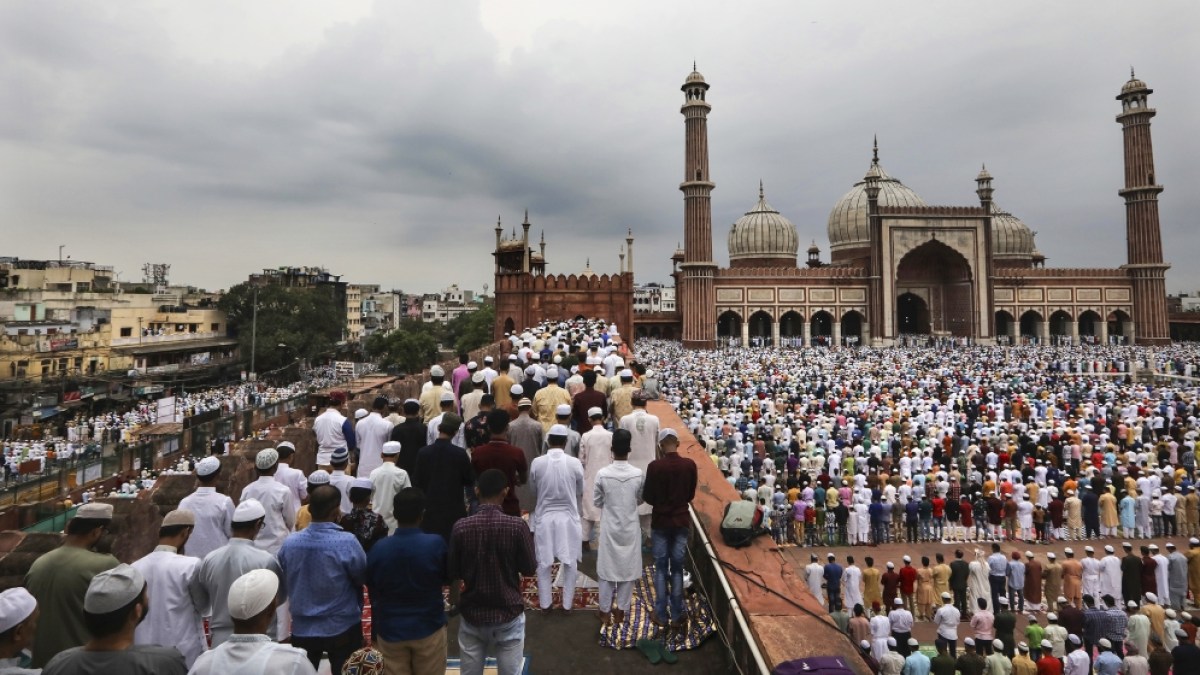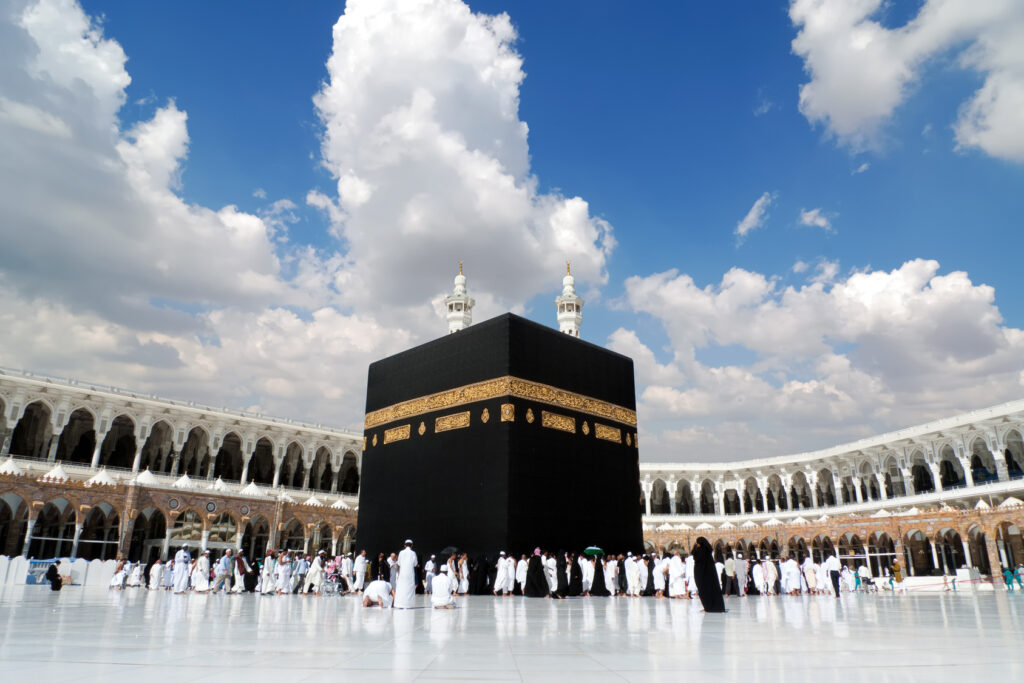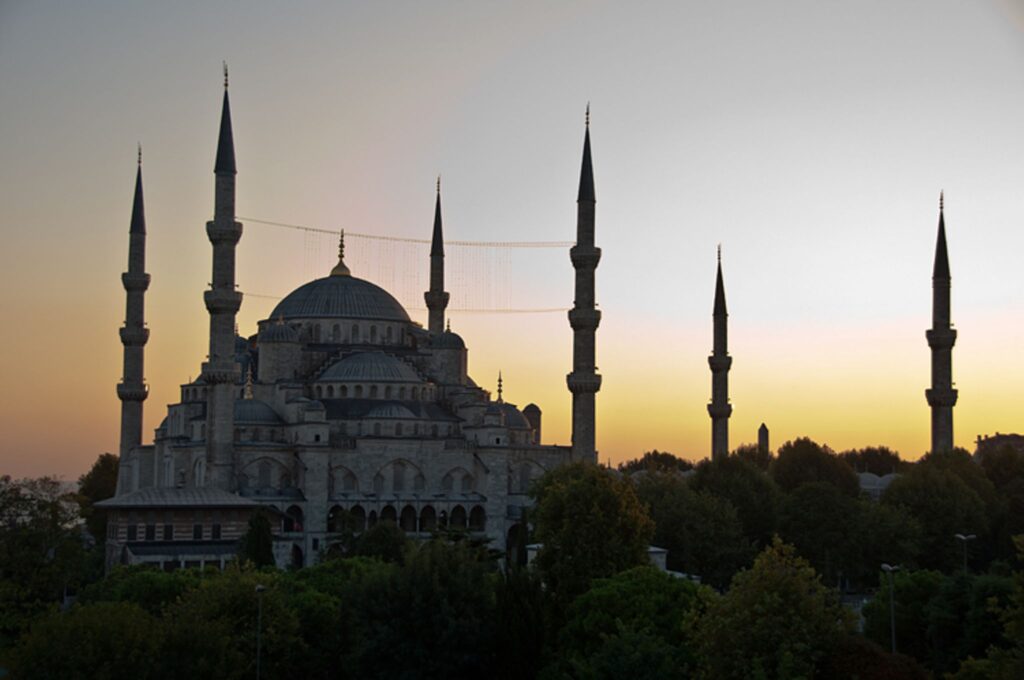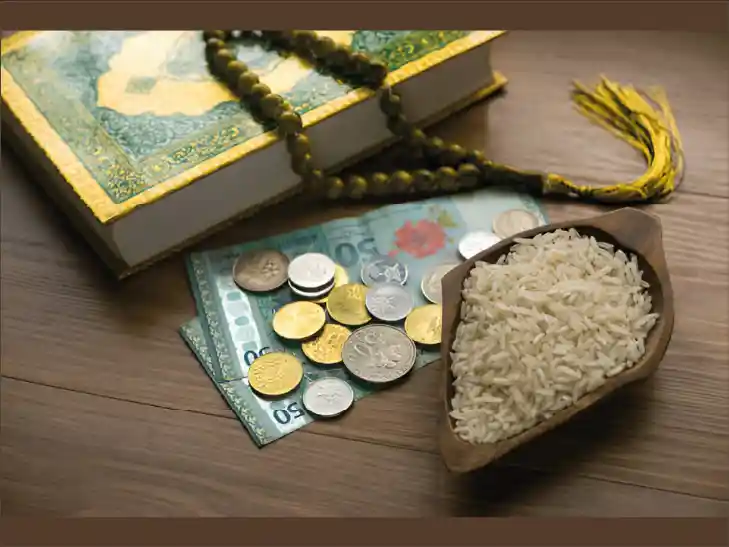Why do we sacrifice something we love?
Eid-al-Adha, The festival of sacrifice, is just around the corner after awaiting us for a whole year. The second Eid for Muslims, this is a festival filled with joy, delicious cuisine, and generosity of the believers. The day of eid-al-adha starts with performing the Eid prayer, followed by the sacrifice of an animal in the name of Allah. According to Sahih Bukhari,
“Narrated Al-Bara’:
I heard the Prophet (p.b.u.h) delivering a Khutba saying, “The first thing to be done on this day (first day of `Id ul Adha) is to pray; and after returning from the prayer we slaughter our sacrifices (in the name of Allah) and whoever does so, he acted according to our Sunna (traditions).”
Source: https://sunnah.com/
But why do we have to do such a painful act of sacrificing an animal? Why does Allah require us to do so? How does it benefit us as people and as servants of Allah? Questions like these may cloud our minds, and not finding the correct answers can distract us from the Al-Mighty.
To understand the wisdom behind Allh’s command of sacrificing an animal, we have to start by learning about the life of one of Allah’s greatest prophets, Hazrat Ibrahim (AS).

Hazrat Ibrahim: The Beginning
Born into an idol-worshipping family, Hazrat Ibrahim (AS) was the son of a famous idol sculptor. (Source –Ibrahim and his Father). Ever since the prophet’s childhood, he could not put any meaning behind worshiping those idols carved of stone and wood. He always wondered about a true higher power and spent his time looking for answers.
When Allah’s revelation finally came, the Prophet tried to preach the truth to his father. He tried to bring his father to the light using reason and logic. As mentioned in the Quran,
Remember when he said to his father, “O dear father! Why do you worship what can neither hear nor see, nor benefit you at all? O dear father! I have certainly received some knowledge which you have not received, so follow me and I will guide you to the Straight Path. O dear father!
But his father did not pay any heed to him. Instead, he responded as such –
“He threatened, “How dare you reject my idols, O Abraham! If you do not desist, I will certainly stone you ˹to death˺. So be gone from me for a long time!”
Upon seeing his father’s rejection of the truth, Ibrahim (AS) then distanced himself from his family and continued to worship Allah by himself. Thus, his struggle to spread the truth of Islam started right from the father he loved so dearly.
As the prophet’s quest to spread Islam grew more robust, the townspeople and the tyrant king Namrud, blinded by their pride, decided to burn Ibrahim (AS) alive. His hands and feet were chained so that he could not run away from his execution. But then the miracle arrived, as written in the Quran –
“We ordered, “O fire! Be cool and safe for Abraham!”
The prophet walked unscathed from the fire, shocking the people who were gathered to watch his execution. Ibrahim (AS) then left his disbelieving town and started to travel the world to spread the word of Islam.
A Dream of Sacrifice
Prophet Ibrahim (AS) always prayed to Allah for a righteous son. And one day, Allah answered his prayer and blessed him with Ismail (AS). The prophet loved his son from the bottom of his heart, but as one of the commandments of Allah came, it put the Prophet’s love for Allah and his son to the ultimate test.
It was revealed to Ibrahim (AS) in a dream that he must sacrifice his son. Knowing it was the commandment of Allah, the young Ismail did not question Allah’s wisdom for once and agreed to sacrifice himself for the sake of Allah at that very instant.
The prophet laid his on the side of his forehead as per Allah’s commands, ready to sacrifice his young boy. And then come down the miracle of Allah.
Allah was very pleased with the prophet and Ismail’s faith and immediately replaced Ismail with a ram, which was sacrificed instead.
This incident is mentioned in the Quran in Surah As-Saffat, verses 102-108.
To honor this tradition, Allah made it obligatory for all Muslims (who can do so) to sacrifice an animal in His name.
To know more about the rulings on Qurbani, visit: https://islamic-relief.org/qurbani/who-is-qurbani-compulsary-on/
The Teaching Behind The Sacrifices of Ibrahim (AS)
- Standing with the truth, no matter the cost – As much as he loved his father, upon seeing his father’s rejection of the truth, Ibrahim (AS) turned away from him to show everyone the depth of his belief. Even as he was being cast into the fire, with his life on the line, The Prophet did not waver from his faith for one moment and emerged victorious in front of the disbelievers.
- Fulfilling Allah’s commands, even in the direst situation – Sacrificing one’s own son is an ordeal impossible to imagine for a parent. Yet when Ibrahim (AS) was ordered to do so, he went ahead knowing Allah’s order was superior to his heart’s wishes.
- Trusting Allah’s wisdom, even when we don’t understand it – Ismail was only a young boy when he learned of Allah’s command to sacrifice him. It would be beyond anyone’s capability to understand why The Most Merciful would command such an innocent boy, who was also a prophet’s son, to be slaughtered for no apparent reason. Yet this young boy did not question Allah’s orders. He firmly believed that Allah knows best and asked his father to comply with Allah’s will.
- The sacrificing of an animal on Eid-When we rear an animal for the day of Qurabni, we automatically form an attachment to it. As we sacrifice that loved animal’s life for Allah, it teaches that no love, no bond, no attachment of this world is greater than the Al-mighty. It shows us the control of Allah over life and death, it shows us how powerless we are in front of the lord of the worlds, and it teaches us to be resilient against worldly attachments.
As seen from the life of Prophet Ibrahim, Allah’s commands always have a wisdom behind them. Either this wisdom is revealed right away, or it is revealed at a later time. Nonetheless, we should always practice fulfilling these commands and give our utmost to earn the pleasure of Allah.
We hope this article helped you. Happy reading!





